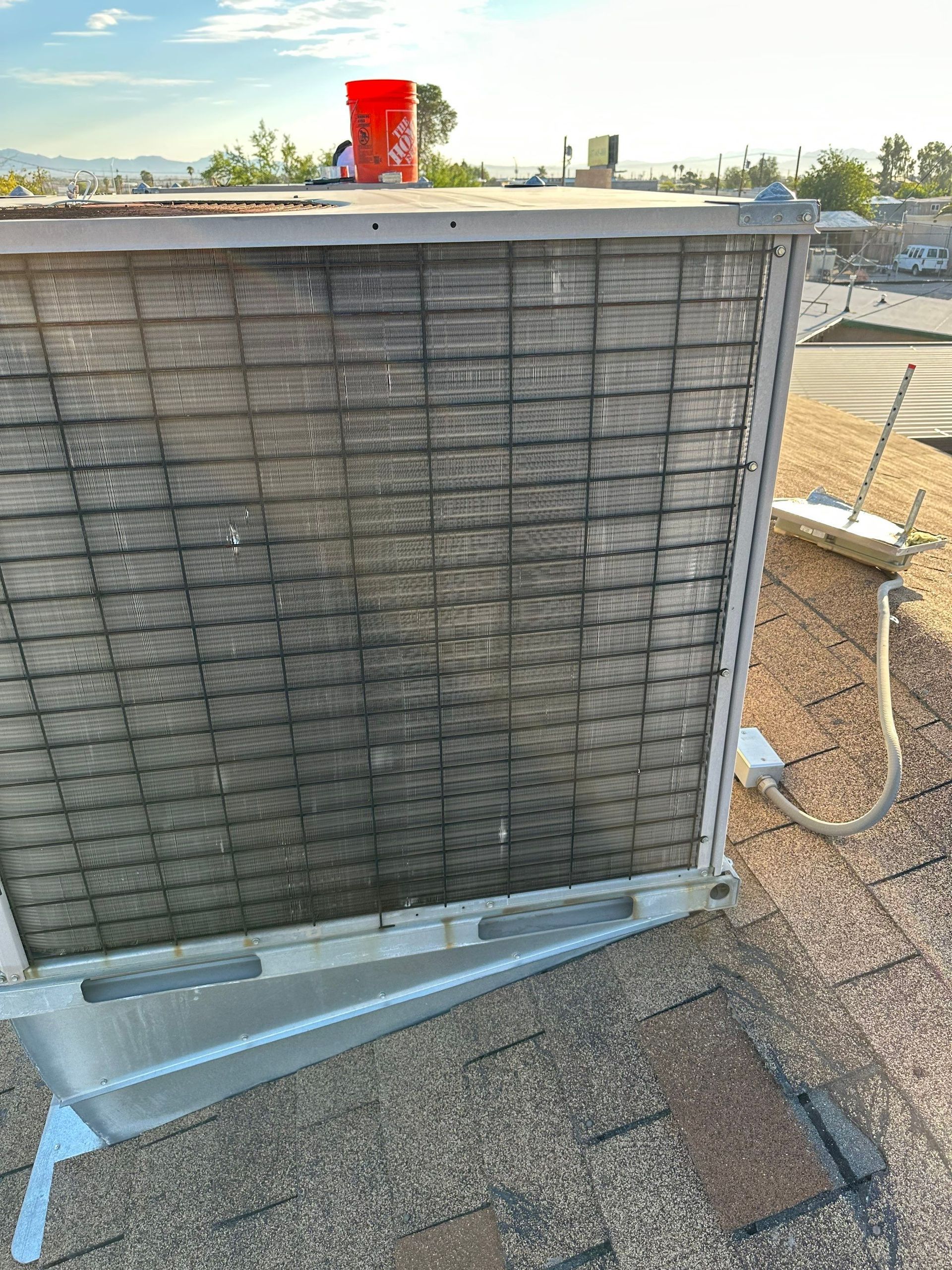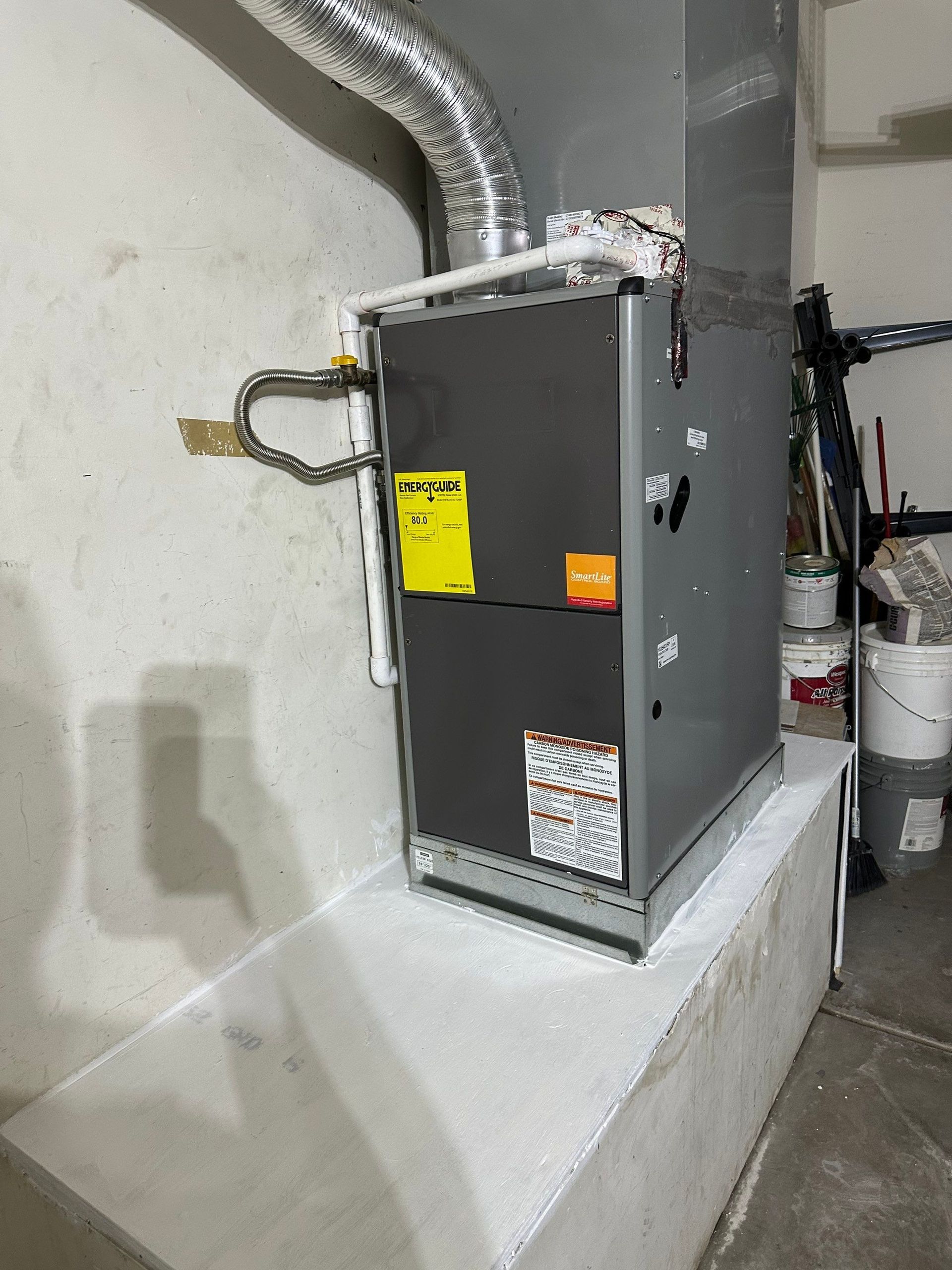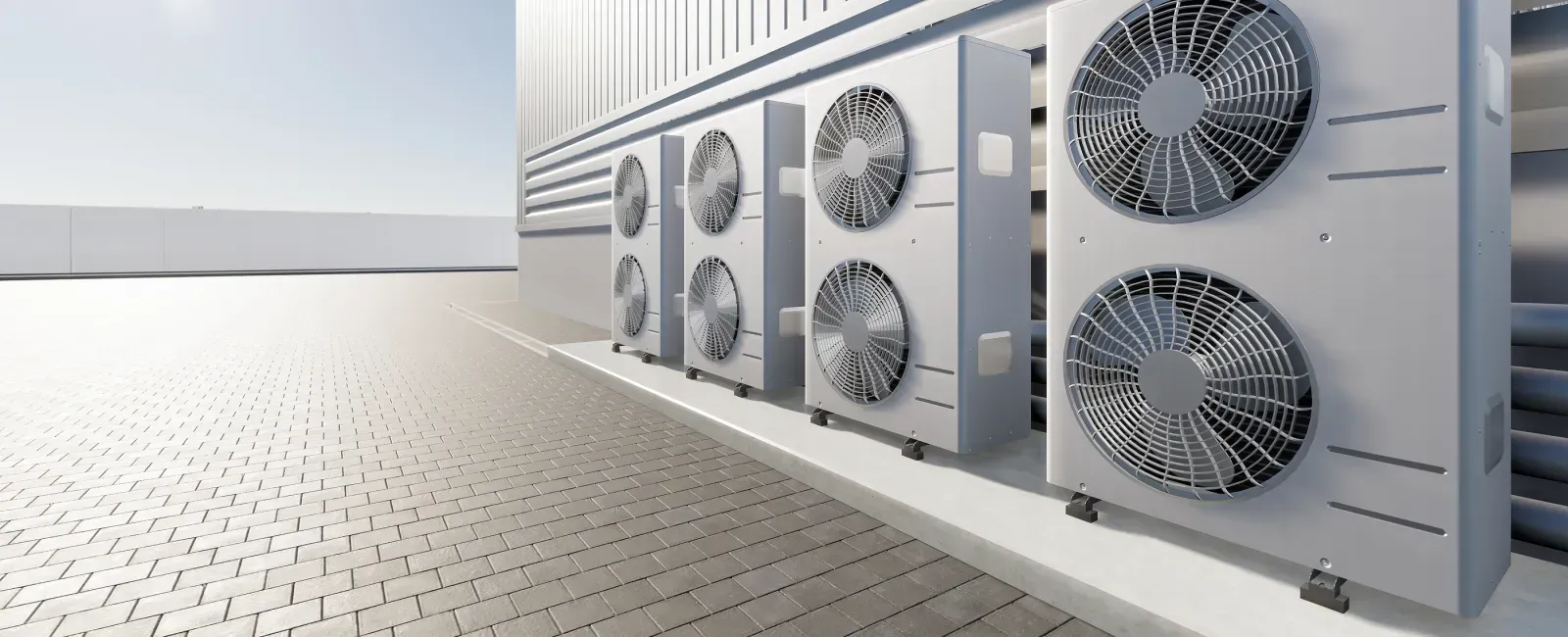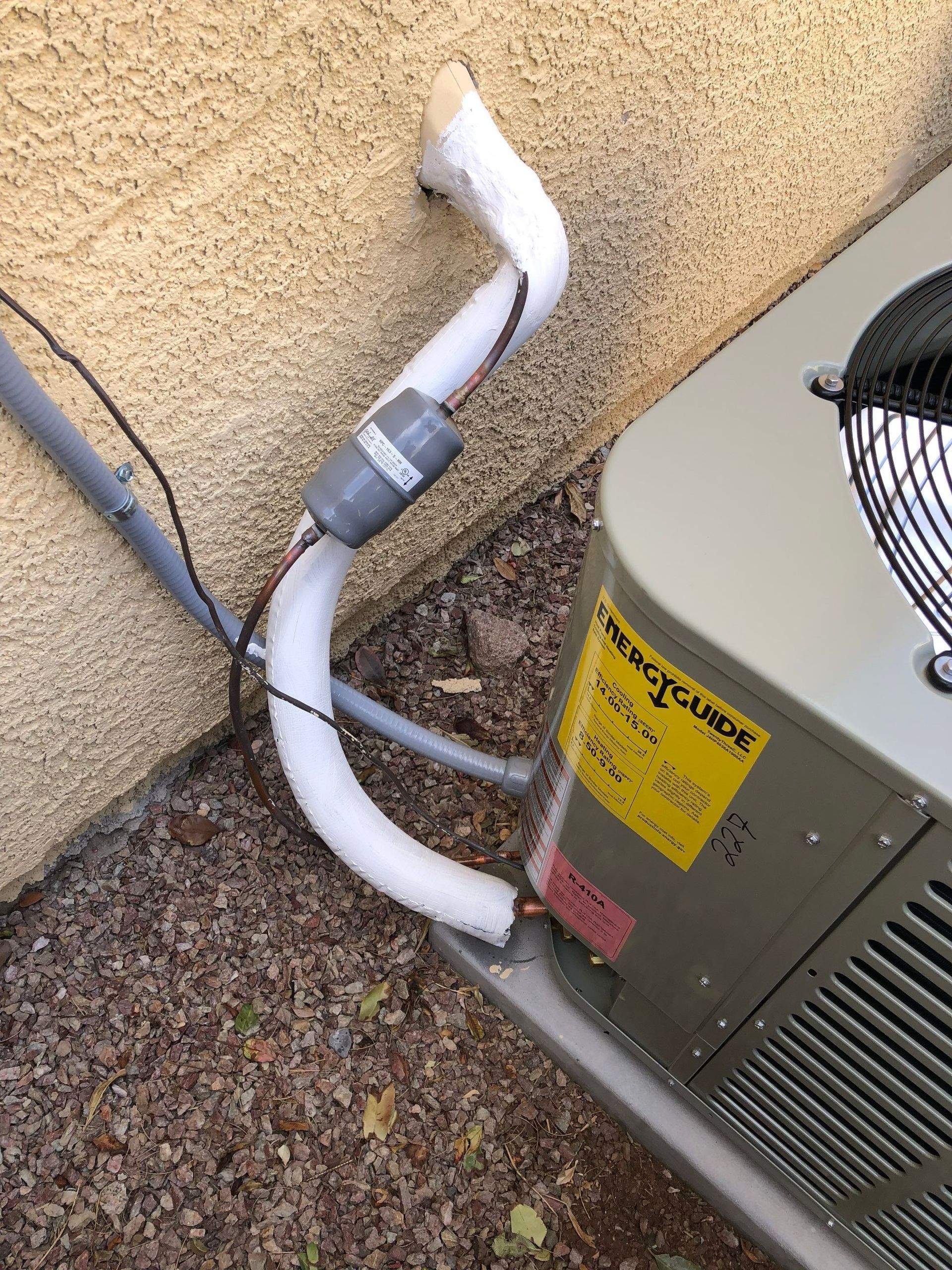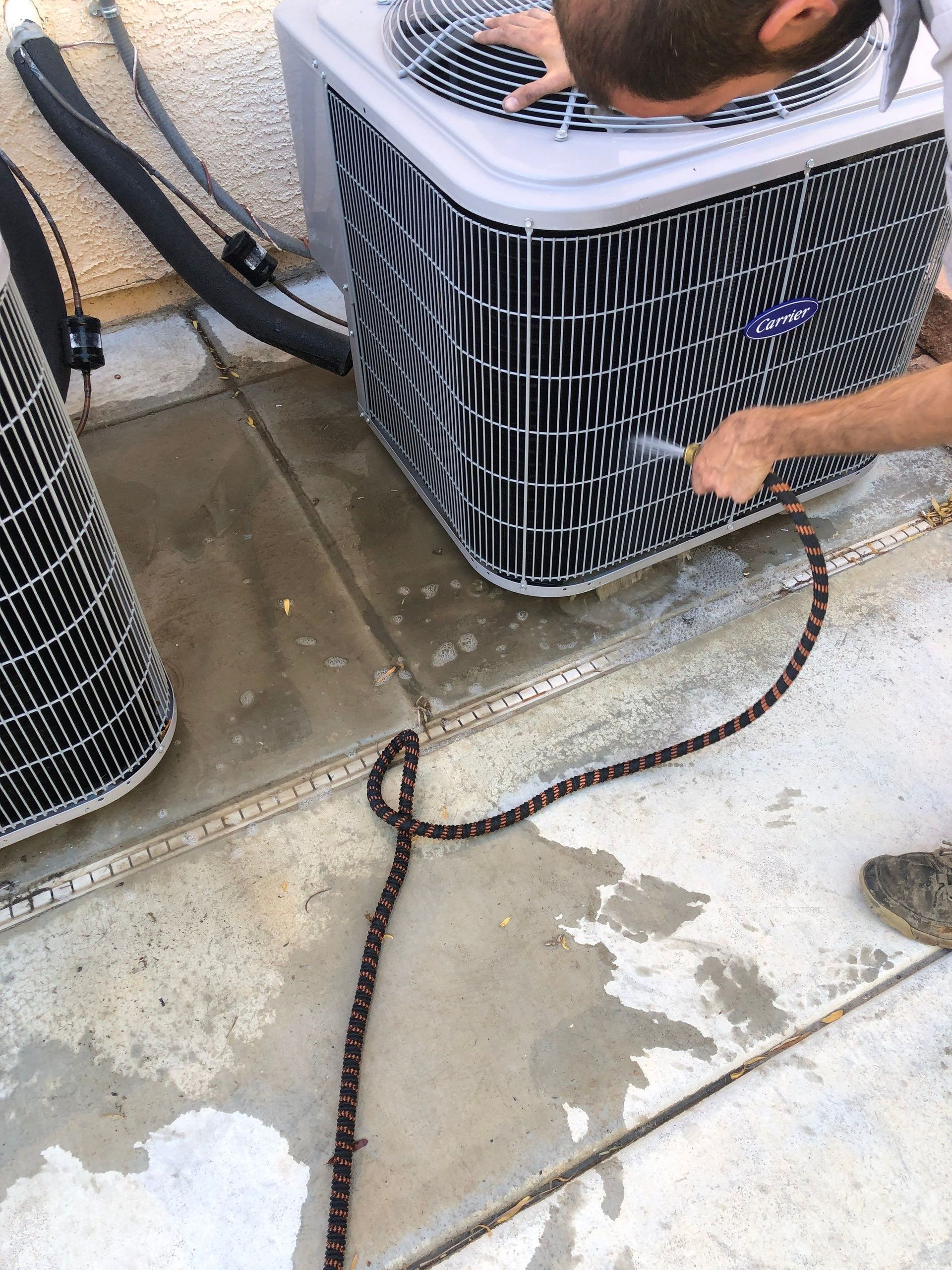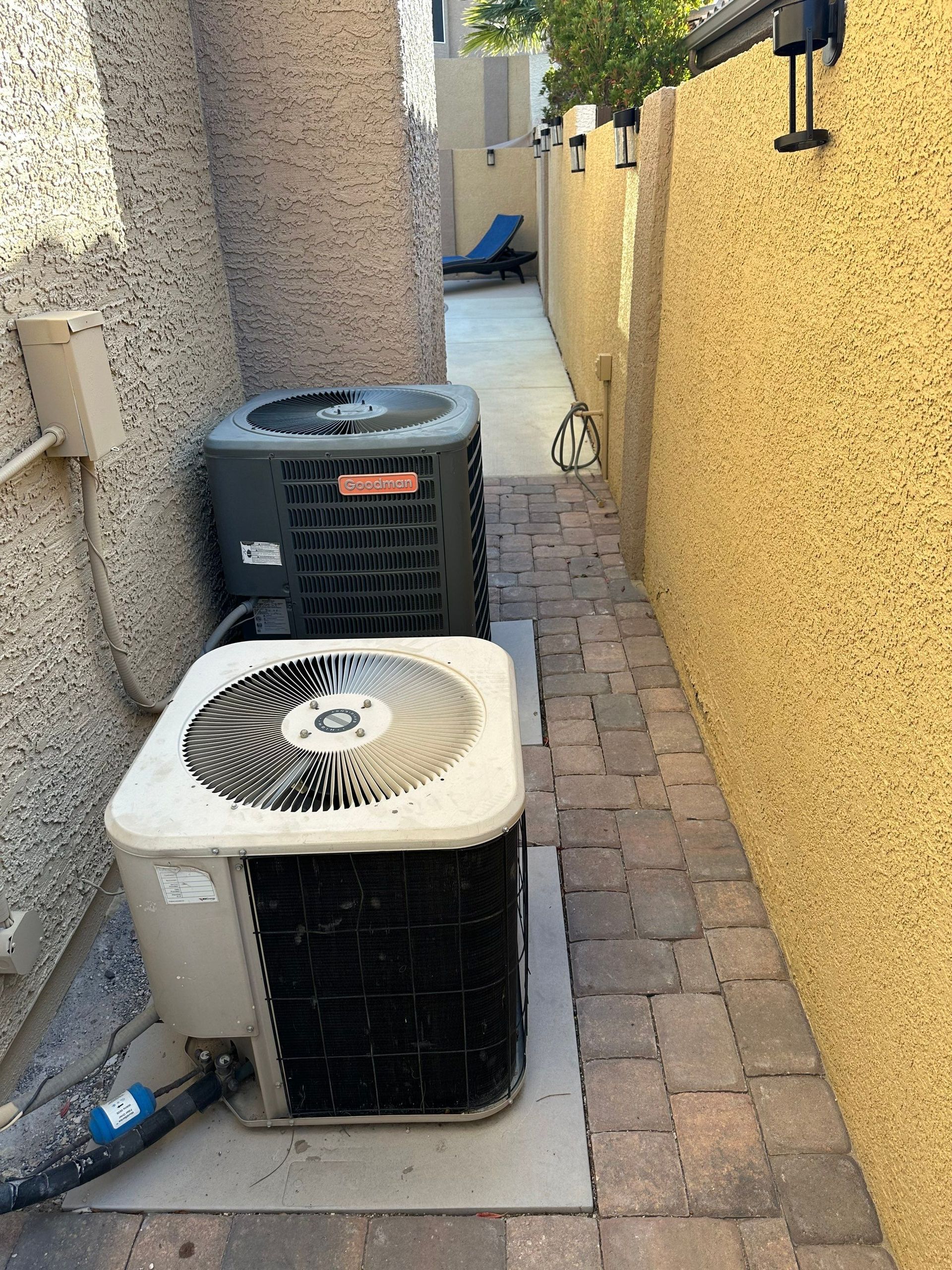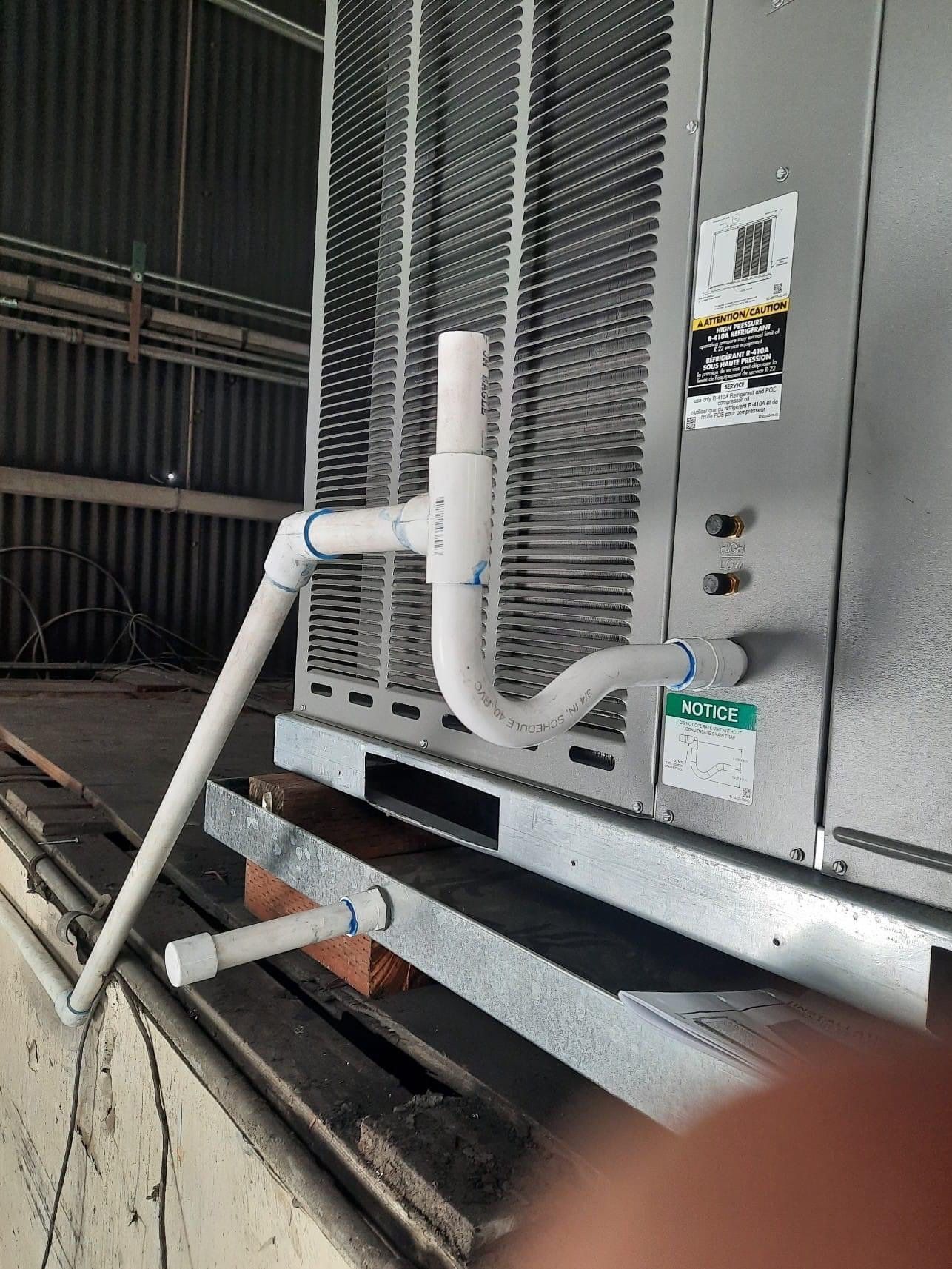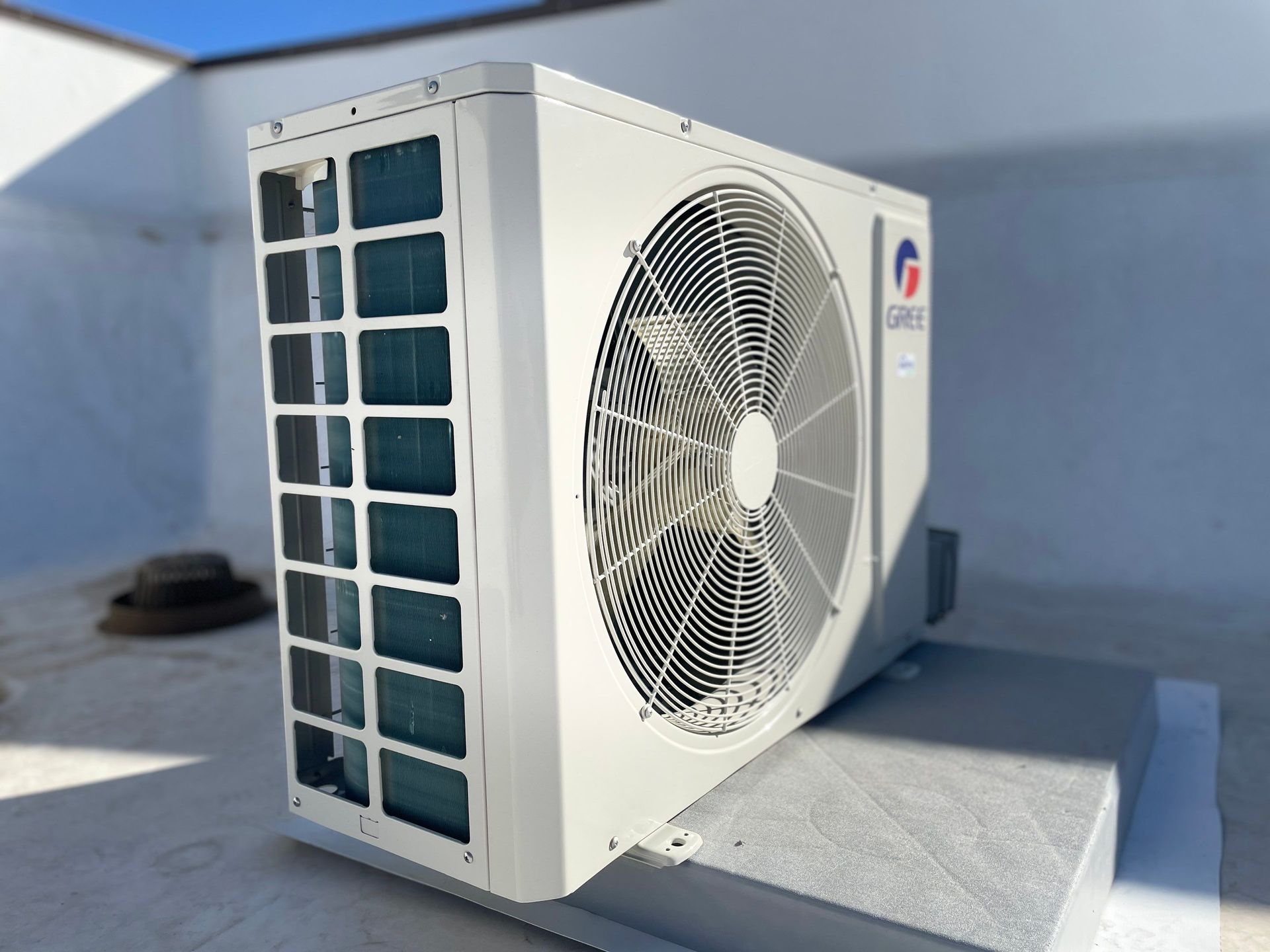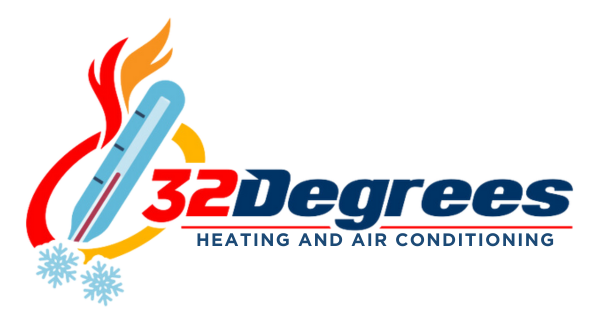Traditional vs. Modern HVAC Systems: Which Is Right for Your Home?
When it comes to heating and cooling your home, the choice between traditional and modern HVAC systems can be a game-changer. Both have their benefits, but understanding the differences can help you make the best decision for your comfort and your wallet.
Let’s check out the pros and cons of each to see which might be the best fit for your home.
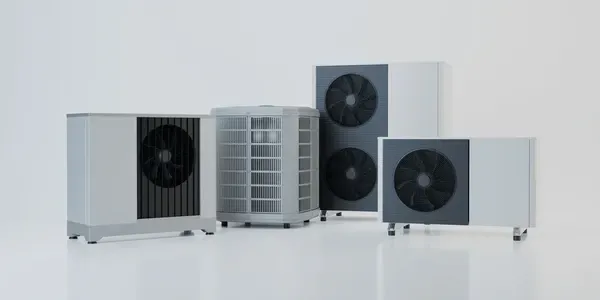
Traditional HVAC Systems
Traditional HVAC systems, often known as central air systems, have been the standard in home comfort for decades. They typically consist of a furnace and an air conditioner or a heat pump that handles both heating and cooling. These systems use ductwork to distribute air throughout your home.
Pros
- Consistency: They deliver consistent air temperature and are reliable performers in both heating and cooling.
- Cost-Effective: In homes already equipped with ductwork, installing a traditional system can be more cost-effective and straightforward.
Cons
- Energy Usage: Older models tend to be less energy-efficient, which can lead to higher utility bills.
- Space Requirements: Traditional systems require space for ductwork, which can be invasive and isn't always feasible in older or custom homes.
The Rise of Modern HVAC Systems
Modern HVAC systems include options like ductless mini-splits, heat pumps, and high-efficiency models that use the latest technology to improve comfort and reduce energy consumption.
Pros
- Energy Efficiency: Many modern systems are designed to be highly energy-efficient, using less power to provide the same level of comfort, and potentially lowering energy bills.
- Flexibility: Systems like ductless mini-splits do not require ductwork, making them ideal for older homes or additions where extending or installing ductwork isn’t practical.
- Advanced Technology: Modern units often come with features like smart thermostats that allow for better control over your home environment, adapting to your lifestyle and preferences.
Cons
- Higher Initial Cost: The upfront cost for modern systems, especially those involving new technologies or installation complexities (like retrofitting a house without ducts), can be higher.
- Maintenance: Some high-tech features and components in modern systems may require regular professional maintenance to keep them running efficiently.
Choosing the Right System for Your Home
- Consider Your Home’s Layout and Needs
The right system for your home will largely depend on its existing structure and your specific needs. If you're building a new home or doing major renovations, incorporating a modern, efficient system might be easier and more cost-effective in the long run. On the other hand, if your home already has ductwork in place and you're looking for a straightforward replacement, a traditional system might be more suitable.
- Think About Long-Term Savings
While modern HVAC systems may come with a higher upfront cost, the savings on energy bills can be substantial over time. It's worth considering how much you might save in the long run with a more efficient system.
To Wrap Things Up;
Deciding between a traditional and modern HVAC system doesn’t have to be complicated. By weighing the pros and cons of each and considering your specific home and financial situation, you can make a choice that ensures comfort year-round without breaking the bank.
Whether you opt for the tried-and-true reliability of a traditional system or the cutting-edge efficiency of a modern system, understanding your options will help you stay cool during the summer and warm in the winter, all while managing costs effectively.
Remember if you ever need
AC services, we are not far away! Give us a call today and we will be with you in no time.
Ready to work with 32 Degrees Heating and Air Conditioning?
Let's connect! We’re here to help. Send us a message and we’ll be in touch. Or give us a call today at 725-720-2912
Agency Contact Form
Our Blogs...
32 Degrees HVAC Solutions
